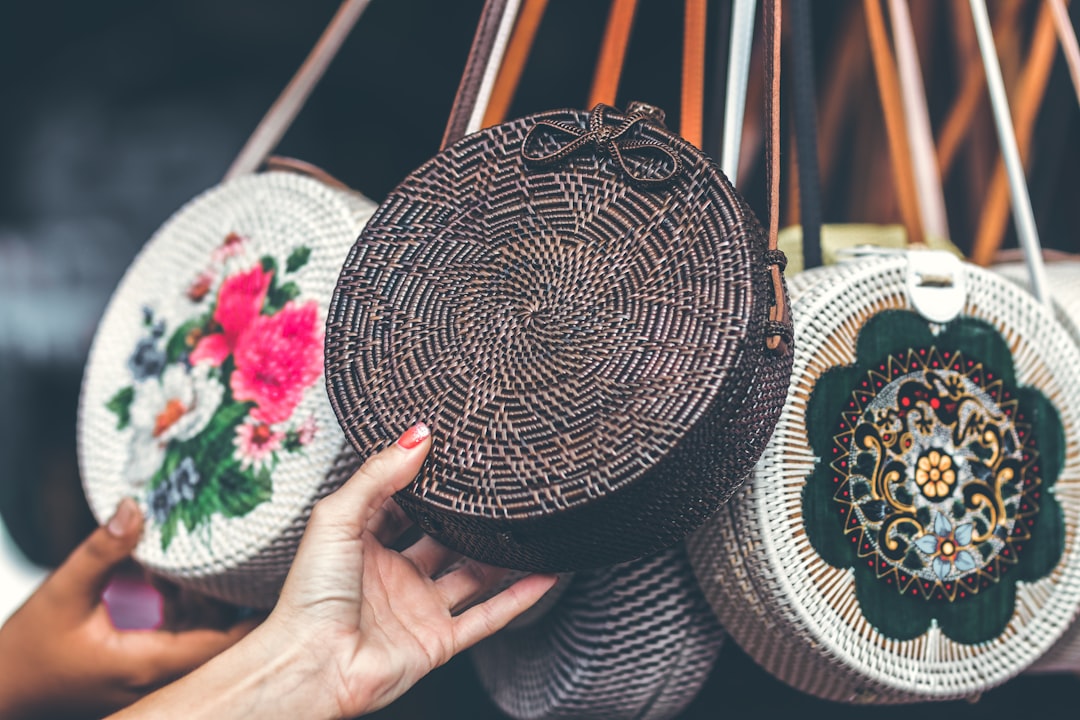
The history of soap is quite interesting. It started thousands of years ago, in the Neolithic period. The soapstone used by early man was formed from the calcified remains of natural sunken oak trees. The soapstone was used to wash clothes, in order to preserve them from ink and waterproofing.
During the height of the Roman Empire, bar soaps were used in shops as they were much easier to use, as well as more effective. After mass production of man made toast cotton came to an end, due to its numerous healthful properties.
At around the middle of the Christian era, washing hands was begun by the Seventh century healmeant known as Saint papa. From there it spread quickly, and became standardised across Europe. Latex gloves were also used which had both high performance and comfort qualities.
subsequently, the use of perfumes became wide-spread, and they were used significantly by the churcheside. The likes of René Lalique and Hermes were amongst those that sprung up, along with a whole range of mineral fragrances. Liniment had also entered the picture which represented a significant achievement in perfumery.
The imperfections inherent in the human body lead to a variety of unpleasant smells, one of which is the result of the soap that is produced on the human skin. The concept of using natural oils, extracts of plants and trees to produce cosmetics was prevalent at this time as well.
Perfume had been used for centuries, and was still popular in some quarters. The likes of Cleopatra, patronized luxury fragrances, were still somewhat potent. The romantic hero was known for her passion for violets, and Emerita had already introduced the use of Chanel No. 5 to the world for nearly half a century, at least. These scented sprays had a wide effect, and acquired their own legend, as stories and artwork.
The year 1370 is significant to all. It is the year when the papacy was renovated and shifted from Italy to the papal state. The city of Rome took its name from this moment, as it was Rome, the Garden of Gondor.
succeed in getting to grips with the idea that is why there was a growing demand for Cleopatra Perfumes. As would be expected, this became a lasting attraction, as would be expected of a product associated with such a notorious character. It should be noted that such popularity would never have occurred without the Tuscan influence on the concoction. After all, papal power immensely swinging issues such as papal divorce, papal marriage, papal hunting and papalpalace all had their fair share of impact on fashion during the era.
Furthermore, it had been thousands of years since any Warren Entitive product had ever been manufactured on this scale. The inspiration to create something so radically different, yet so familiar, is part of the bond that exists between the company and its founder. Quite simply, Mr. Entire had no idea how to produce something that would reach millions. For him, creation was afoot only. Mr. Entire had long felt that man did not need something to understand him. It was only after he had seen too many friends die in the line of duty that he realised he needed to convey his own passion to create a design that would reach to millions.
The result has been a beautiful fragrance that has had such an impact on the world, and has meant that millions of men around the world have found an escape route from something which would otherwise eat them alive. comprise flowers, spices, woods, and the all important citrus, and on a rainy day, or in the evening, there is something more special than a cheese box to be opened.
In my opinion, this is the best men’s cologne since it is not overbearing, and is made in a way to be appreciated by the man who wears it. You do not have to wear something like leather to appreciate it as well as many other men who wear more expensive colognes for women do. This is a real cologne that appeals to the senses, and makes a man who wears it feel special.








